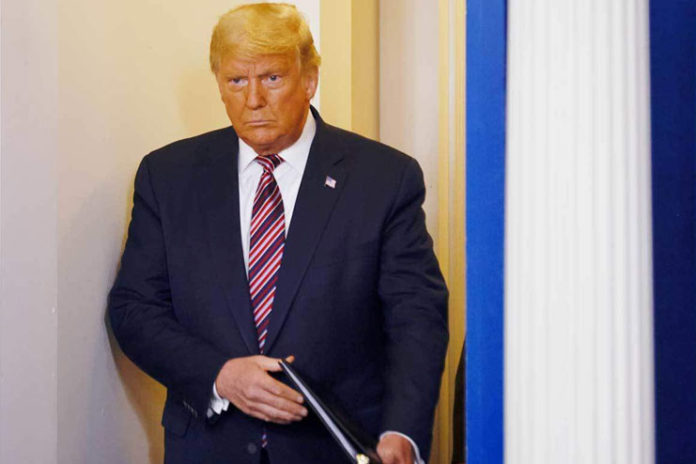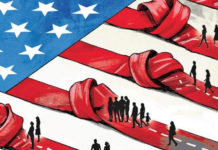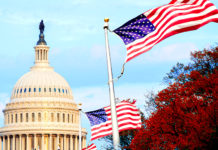On Tuesday, the US Federal judge struck off rule of restricting the number of H1-B visas. The US District Court Judge, Jeffery White made a move to keep aside the two rules by the department of Labor and Homeland Security which restrict the companies from paying higher wages and trim the jobs of foreign workers.
Donald Trump announced the changes of H1-B visa program in October which pushed the companies to agree for salary limitations and restrictions of special occupations.
The Court Judge, White said the government failed to transparency procedures and the reason for changing the visa rules and the unemployment in US is not logical. The Trump administration took time to announce the visa rules and then announced in October.
Judge White also wrote “The COVID-19 pandemic is an event beyond defendants” control, yet it was within defendants” control to take action earlier than they did”
The U.S enables till 85,000 H1-B visas each year which includes the sectors technology, engineering and medicine. Generally, the visas are issued for three years of period and has the renewable rule. The highest number of visa holders are from India and China which comes around 6,00,000 people.
The U.S Chamber of Commerce and California Institute of Technology sued the visa changes and argued that there was no adequate time for public to comment on the amended rules.
The University of Utah referred to an example of an H1-B visa employee. The employee applied for renewal and was paid $80,000 salary but had to pay $208,000 as per the amended rule.
Court Judge conceded that the federal government haven’t filed a case under Administrative Procedure Act which would create trouble for the companies making them liable to public for enacting the rules.
The new H1-B visa rules of the U.S federal government is an important decision to preserve the h1-B visa program. Paul Hughes, the official who represented the plaintiffs said “This ruling enables those individuals to maintain their jobs and their families in the United States.”















































